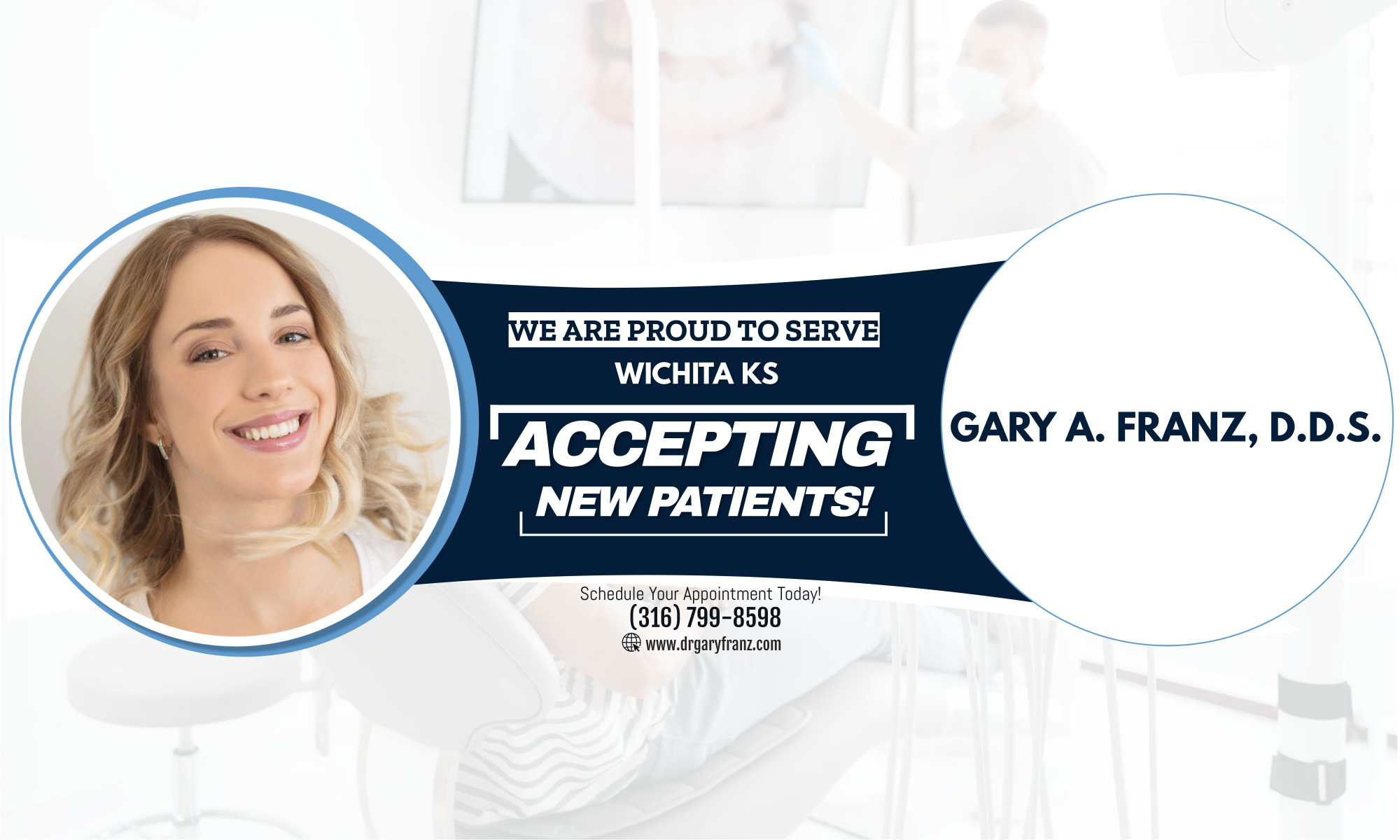Tooth decay or cavities result from destruction of the tooth enamel and can lead to a range of problems from toothache to bad breath.
Cavities occur when foods containing carbohydrates (sugars and starches) such as milk, sugared drinks, cakes or candy are frequently left on the teeth.
Bacteria that live in the mouth thrive on these foods, producing acids as a result. Over a period of time, these acids destroy tooth enamel, resulting in tooth decay.
Many people associate cavities with children but the changes that occur with aging make cavities an adult problem, too.
Recession of the gums away from the teeth, combined with an increased incidence of gum disease, can expose tooth roots to plaque.
Tooth roots are covered with cementum, a softer tissue than enamel. They are susceptible to decay and are more sensitive to touch and to hot and cold. The majority of people over age 50 have tooth-root decay.
Decay around the edges of fillings is also common to older adults. As many of them did not benefit from fluoride and modern preventive dental care when they were younger, they often have a number of dental fillings.
Over the years, these fillings may weaken, fracture and leak around the edges.
Bacteria accumulate in these tiny crevices causing acid to build up which leads to decay.
You can help prevent tooth decay by following these tips:
– Brush twice a day with fluoride toothpaste
– Clean between your teeth daily with floss or interdental cleaner
– Eat nutritious and balanced meals and limit snacking
Its also worth asking your dentist about supplemental fluoride, which strengthens your teeth, and about dental sealants, a plastic protective coating which is applied to the chewing surfaces of the back teeth to protect them from decay.
In addition, its important to visit your dentist regularly for professional cleanings and oral examination.
